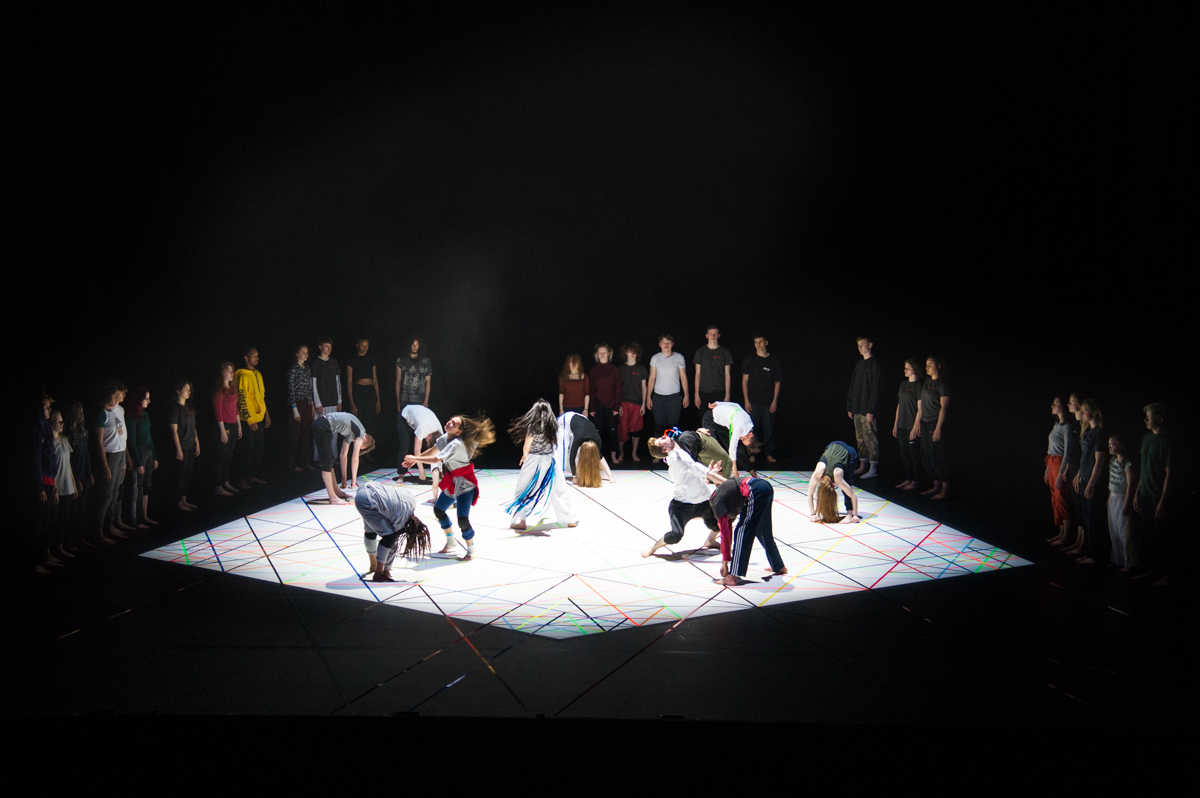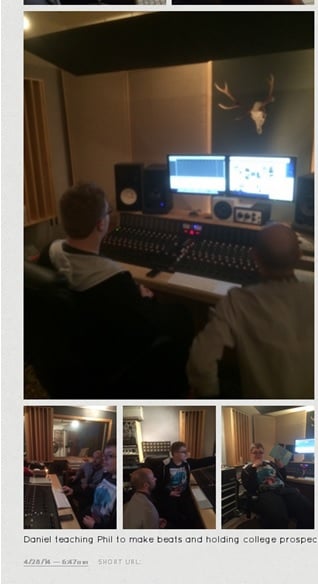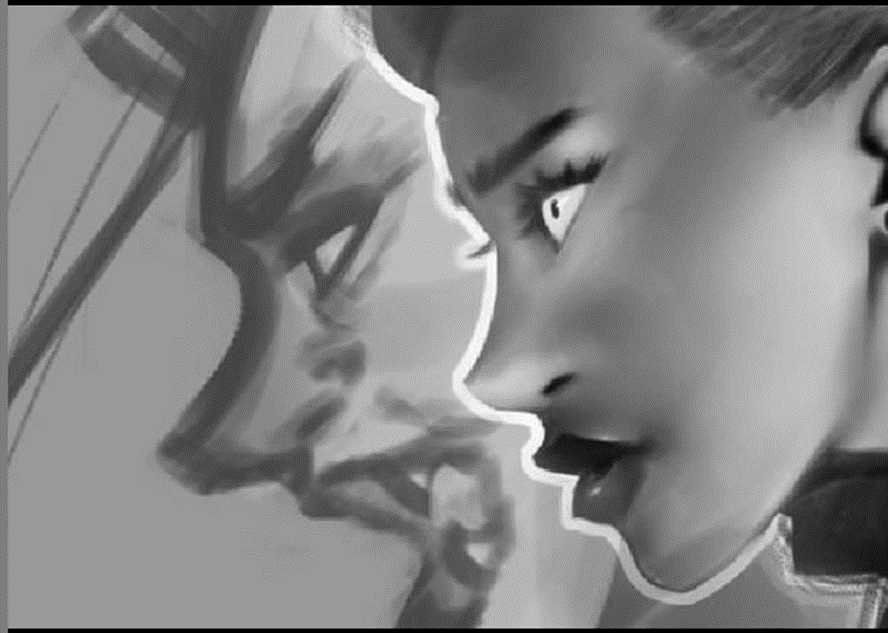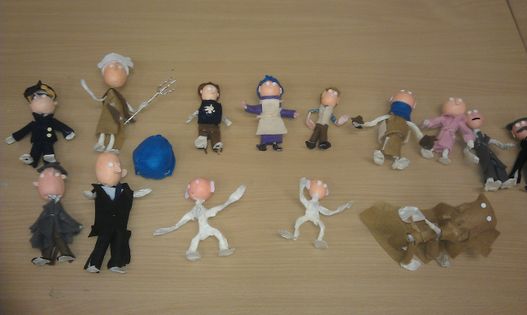
NT New Views & Gold Arts Award
BY: Nicola King
06 Sep 2019
National Theatre New Views is a year-long in-school playwriting programme for students aged 14-19, and can provide an ideal framework for working towards Gold Arts Award. In this blog we look at how you can map the evidence requirements for Gold Award Unit 1 to New Views activities, and how Unit 2 can offer an opportunity to extend your New Views project by supporting students to develop local performances or readings of their plays.
Gold Unit 1
|
Evidence of research and reflection
|
Research into other writers’ exploration of political issues through theatre can be used as preparation for students developing their own views on their chosen issue. Writing a political speech could act as an introductory activity to get students thinking about an arts issue they feel strongly about or it could be the outcome for this section.
Professional productions could also provide a stimulus for issues to explore in an argument.
|
|
A copy of their final argument
|
This could take the form of a political speech, as described above.
|
|
Evidence of how the argument was shared and feedback from others
|
Arguments could be shared with the New Views group and each young person’s presentation of their issue discussed as part of the process of exploring story in session 1.
|
NT New Views Sessions 1-8. Gold Award Unit 1 Part A: Extend own arts practice
|
Identify an arts challenge
|
Initial exploration of political theatre as a new art form/genre through writing a political speech and developing an understanding of the relationship between theatre and politics. Details of the main and new art form they will work in for their challenge and a skills development plan.
|
|
Achievement of challenge
|
Evidence of the work in progress as it develops throughout the sessions, including an evaluation of what was learnt and how it went.
|
|
Sharing the new art work with others
|
Completed plays could be shared with the New Views group (and others) as a concluding session, including a group discussion/critique and feedback.
|
NT New Views Writer Visits. Gold Award Unit 1 Part B: Development opportunities within the wider arts sector
|
Research into opportunities to participate in the arts
|
Exploring local volunteering, training, workshops or work-placement opportunities connected to the development of their practice.
|
|
Description and reflection of what the young person did and how it supported their
arts development
|
This could relate to the development of their writing or plans for future career pathways identified through discussions with the writer.
|
|
Comments from writers leading training and development opportunities
|
The writer’s individual feedback to students on the mind-mapping work, discussion on professional practice and one-to-one development sessions they have worked on together during visits.
|
NT New Views Visits to NT Productions. Gold Award Unit 1 Part C: Research advanced practitioners and review arts events
|
Evidence of research
|
Research the work of writers whose performances they attend and the National Theatre as an arts organisation. Looking at how writers use argument and persuasive language to get their point across, exploring characterisation, narrative, dialogue, styles, metaphor and other writers’ practice through audio, text and film resources in each session.
|
|
Reviews and responses to arts events
|
Critically review and reflect on the productions they attend. Students can publish and comment on each other’s reviews at Arts Award on Voice.
|
|
Reflection on how their research has influenced their own arts practice or plans
|
Consider the productions in the context of their own writing — what inspires them and what techniques/elements of style or content might they apply, adapt or react against?
|
Extension activity: Gold Award Unit 2: arts project leadership
For Unit 2 of Gold Arts Award, young people lead an arts project. To achieve this section, they need to demonstrate a distinct leadership role, creative input, the organisation of a project, sharing with an audience, evaluation and management of people and resources. Young people may work alone or in small groups, as long as their individual role is substantial enough to allow them to meet all the necessary criteria. To link in with New Views, the leadership project could be the student’s organisation of a local production of their own/another group member’s play.
They would need to:
| Plan | Produce a project plan, taking into account the project’s aims and desired outcomes and their leadership role within it; plans for monitoring progress and collecting feedback; practical issues including a risk assessment and how they will share the work publicly. |
| Do | Implement and revisit their project plan, amending original plans if necessary. Evidence how they are developing and applying their leadership skills, collecting feedback from others, how they manage people and resources, inspire and motivate participants and lead the project. Advertise and promote the production and deliver the event. |
| Review | Construct a project report considering how what they have learnt from the experience would influence future plans and how the project has developed their leadership skills, art form understanding, planning, review and communication. The report should include an evaluation of feedback gathered. |
Please note
Units 1 and 2 are equally weighted in the Gold Arts Award framework and young people need to pass both units in order to achieve the award.
Related posts
BY: Guest Writer
BY: Alan Lynch




Comments & Replies